Cats, like humans, can experience grief after losing a companion. Whether it’s a fellow feline, a family member, or a beloved human, the absence can affect them deeply. As cat lovers, it’s essential to recognize these signs to provide the necessary support and comfort. Here are ten signs your cat might still be grieving.
Change in Appetite
One of the most noticeable signs of a grieving cat is a change in appetite. Cats might eat less or even stop eating altogether after losing a companion. Just as people sometimes lose their appetite when they’re upset, cats can too. This change can be alarming, especially if your cat was previously a voracious eater. It’s important to monitor their food intake and consult a vet if their eating habits don’t return to normal.
Excessive Sleeping

Cats are known for their love of sleep, but a grieving cat might sleep even more than usual. While it’s normal for cats to sleep up to 16 hours a day, a grieving cat might find comfort in sleeping longer than usual. This could be their way of escaping the reality of their loss. Keep an eye on their sleeping patterns and ensure they’re still engaging in some play and activity.
Avoidance of Favorite Spots
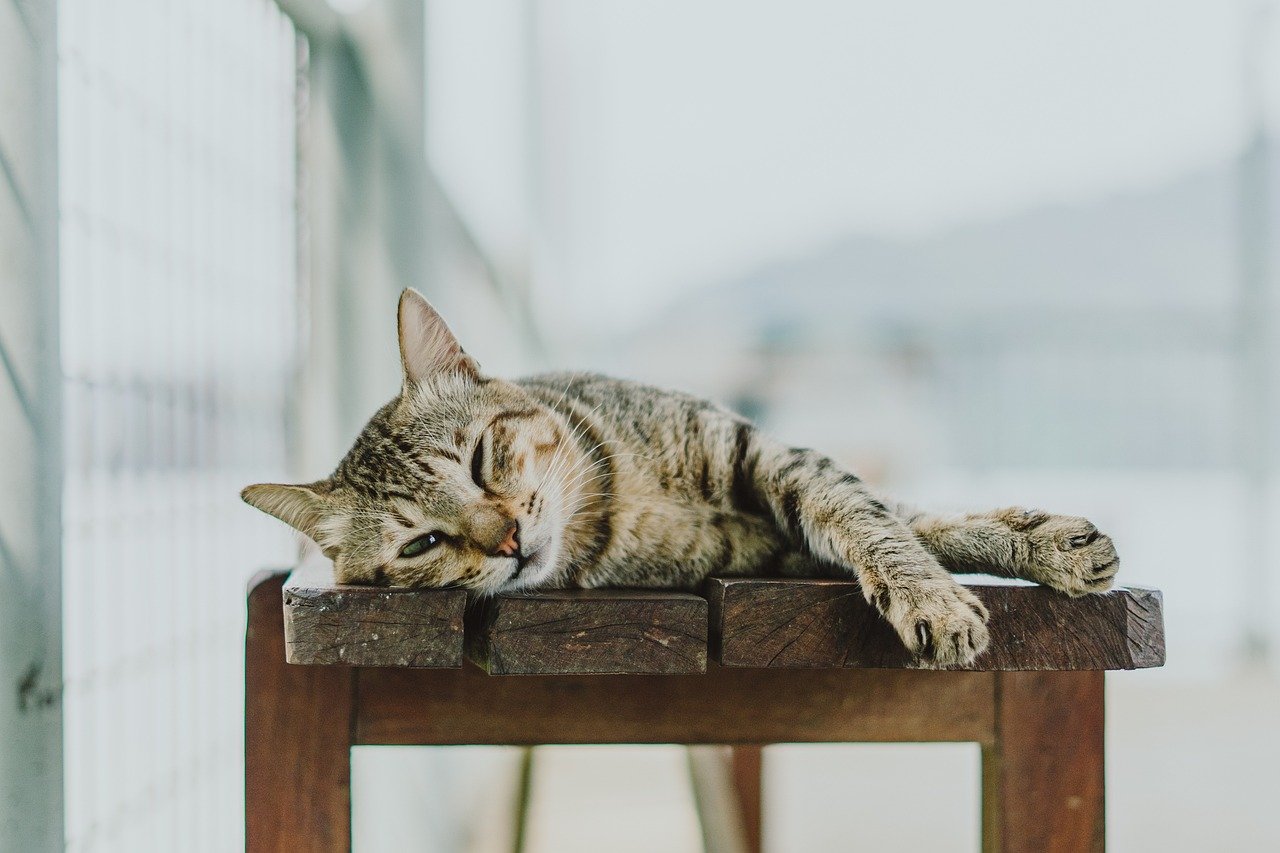
If your cat suddenly avoids places they once loved, it could be a sign of grief. Cats often associate certain spots with the presence of their lost companion. For instance, if they used to cuddle in a particular chair with their friend, they might avoid it now. This avoidance is a clear indicator that they’re reminded of their loss whenever they see or go near that spot.
Increased Vocalization
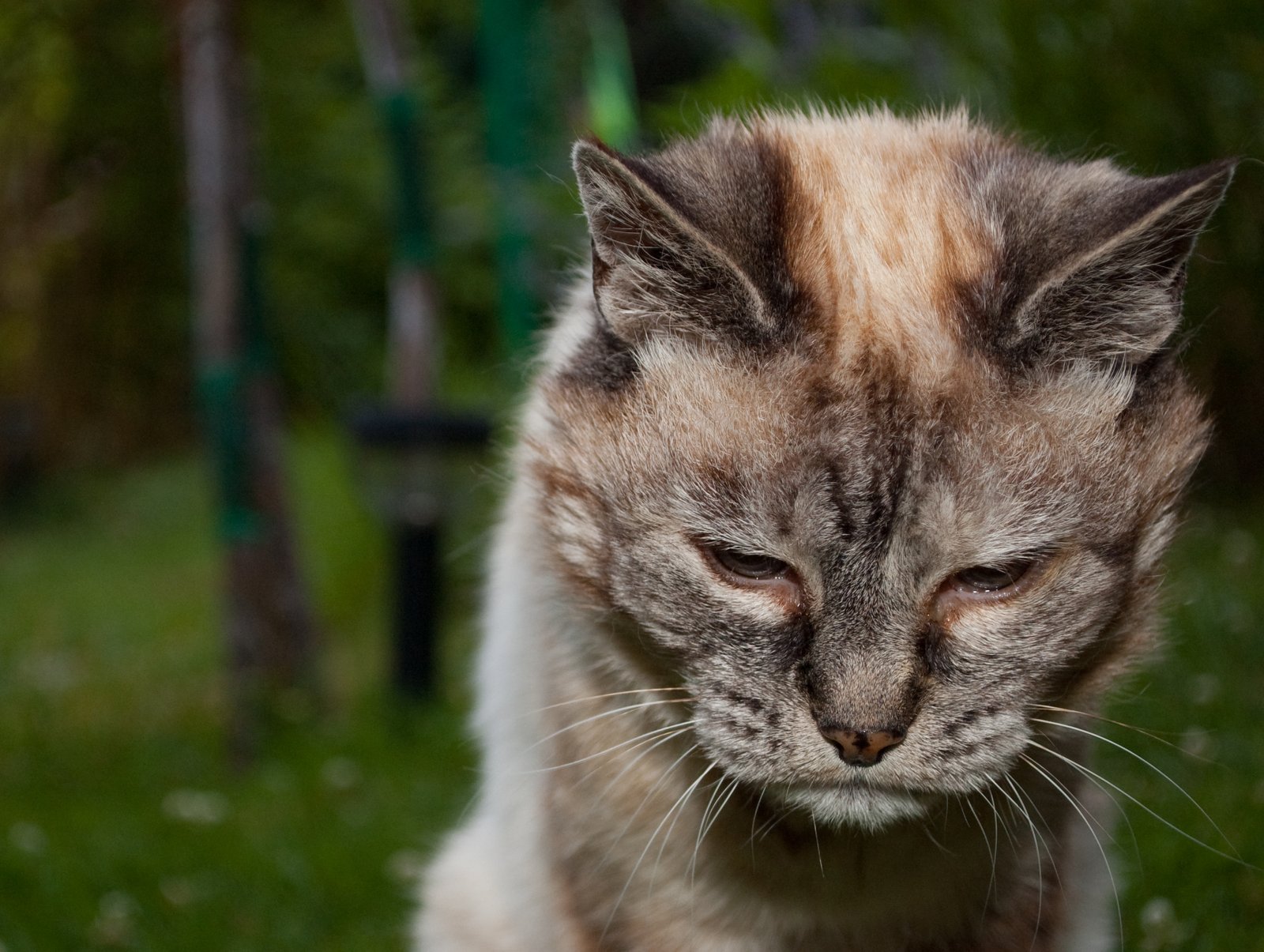
Grieving cats might become more vocal, meowing or crying more than usual. This could be their way of expressing their sadness or searching for their lost friend. If your cat is usually quiet but suddenly becomes chatty, it might be worth considering the reasons behind their increased vocalization. It’s their way of communicating their distress to you.
Seeking More Attention
On the flip side, some cats might become more clingy when they’re grieving. If your independent cat suddenly wants to be by your side constantly, they might be seeking comfort and reassurance. This is their way of trying to fill the void left by their lost companion. Offering them affection and attention can help ease their grief.
Withdrawal and Isolation
While some cats seek more attention, others might withdraw and isolate themselves. They might hide more often or seem disinterested in interaction. This behavior is similar to how some people deal with grief, preferring solitude to process their feelings. It’s important to give them space but also check in regularly to ensure they’re coping.
Change in Grooming Habits
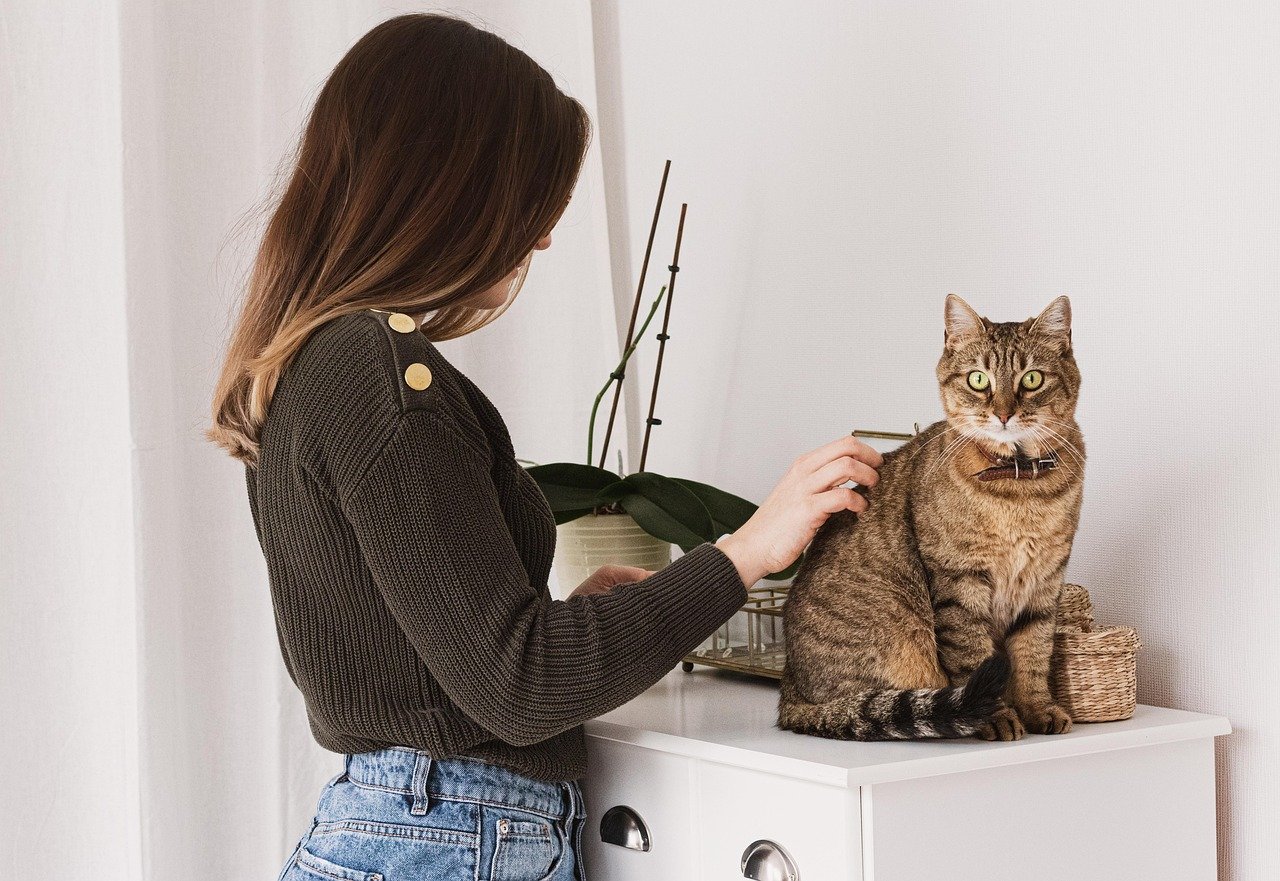
A grieving cat might neglect their grooming habits, resulting in a disheveled appearance. Cats are typically meticulous groomers, so a change in this routine can be a significant sign of distress. Conversely, some cats might over-groom, resulting in bald patches. Both behaviors are responses to stress and should be monitored closely.
Lethargy and Lack of Playfulness
If your usually playful cat seems disinterested in toys or activities they once loved, this could be a sign of grief. Lethargy and a lack of enthusiasm for play can indicate that they’re still processing their loss. Encouraging them with new toys or interactive play can help reignite their interest and lift their spirits.
Changes in Litter Box Habits
Cats are creatures of habit, and any change in their litter box behavior can indicate emotional distress. A grieving cat might start having accidents outside the box or might stop using it altogether. This could be their way of expressing their grief or seeking attention. It’s essential to address any changes promptly and consult with a vet if necessary.
Increased Scratching
Some cats might start scratching more frequently when they’re grieving. This behavior can be a sign of stress or an attempt to mark territory, especially if they shared their space with the lost companion. Providing them with additional scratching posts and ensuring they have plenty of outlets for this behavior can help alleviate their stress.
Heightened Sensitivity
Grieving cats might become more sensitive to their environment. They could be startled by noises that wouldn’t usually bother them or react strongly to changes in their routine. This heightened sensitivity is a sign that they’re on edge and processing their emotions. Maintaining a calm and stable environment can help them feel more secure.
Searching Behavior
Cats might exhibit searching behaviors, wandering the house as if looking for their lost friend. This behavior is a poignant reminder of their grief, as they try to understand the absence of their companion. While it’s heartbreaking to watch, it’s important to be patient and provide them with reassurance during this time.
Changes in Vocal Tone
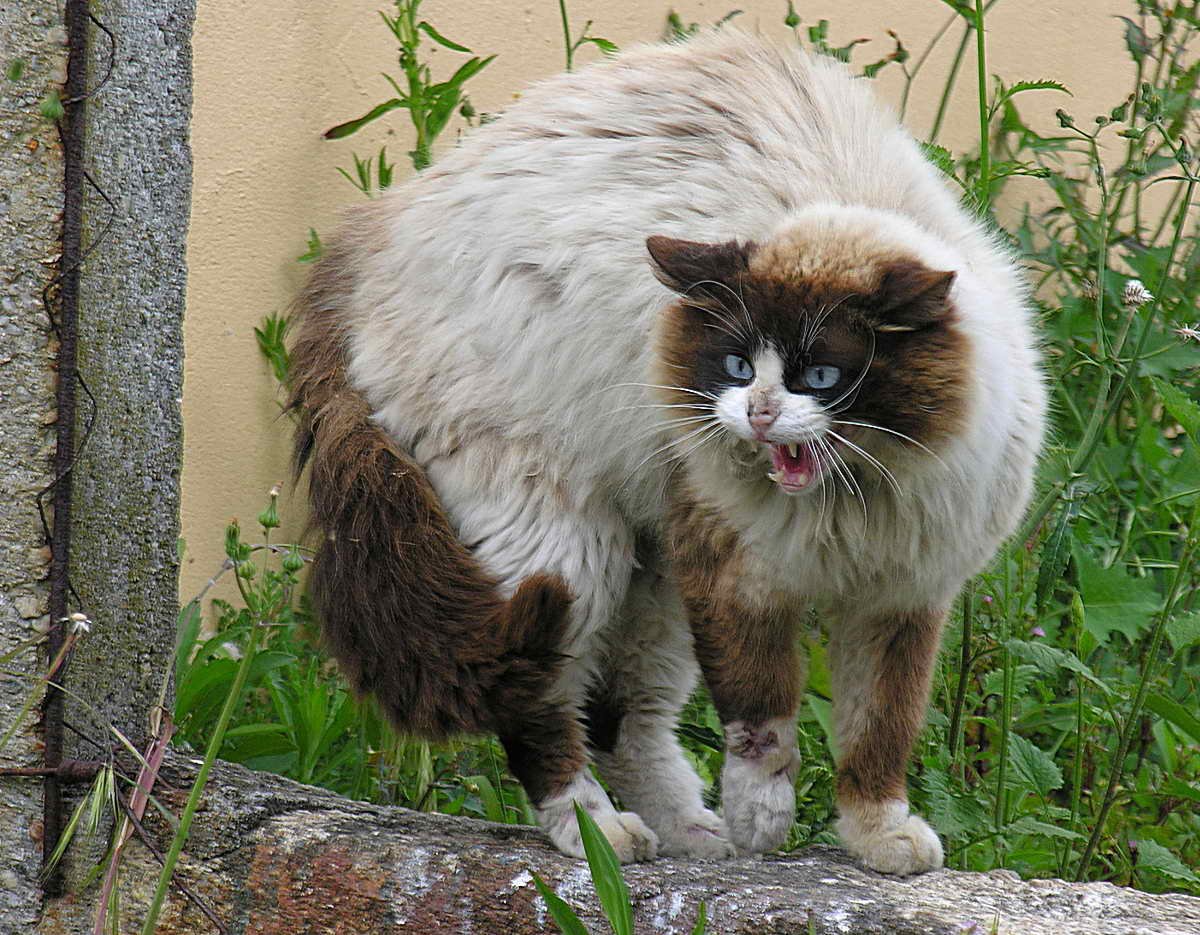
Not only might your cat vocalize more, but the tone of their meows might change. You might notice a more mournful or plaintive tone, which can be a clear indicator of their emotional state. Listening to these changes and responding with comfort can help them feel understood and supported.
Decreased Interest in Socializing
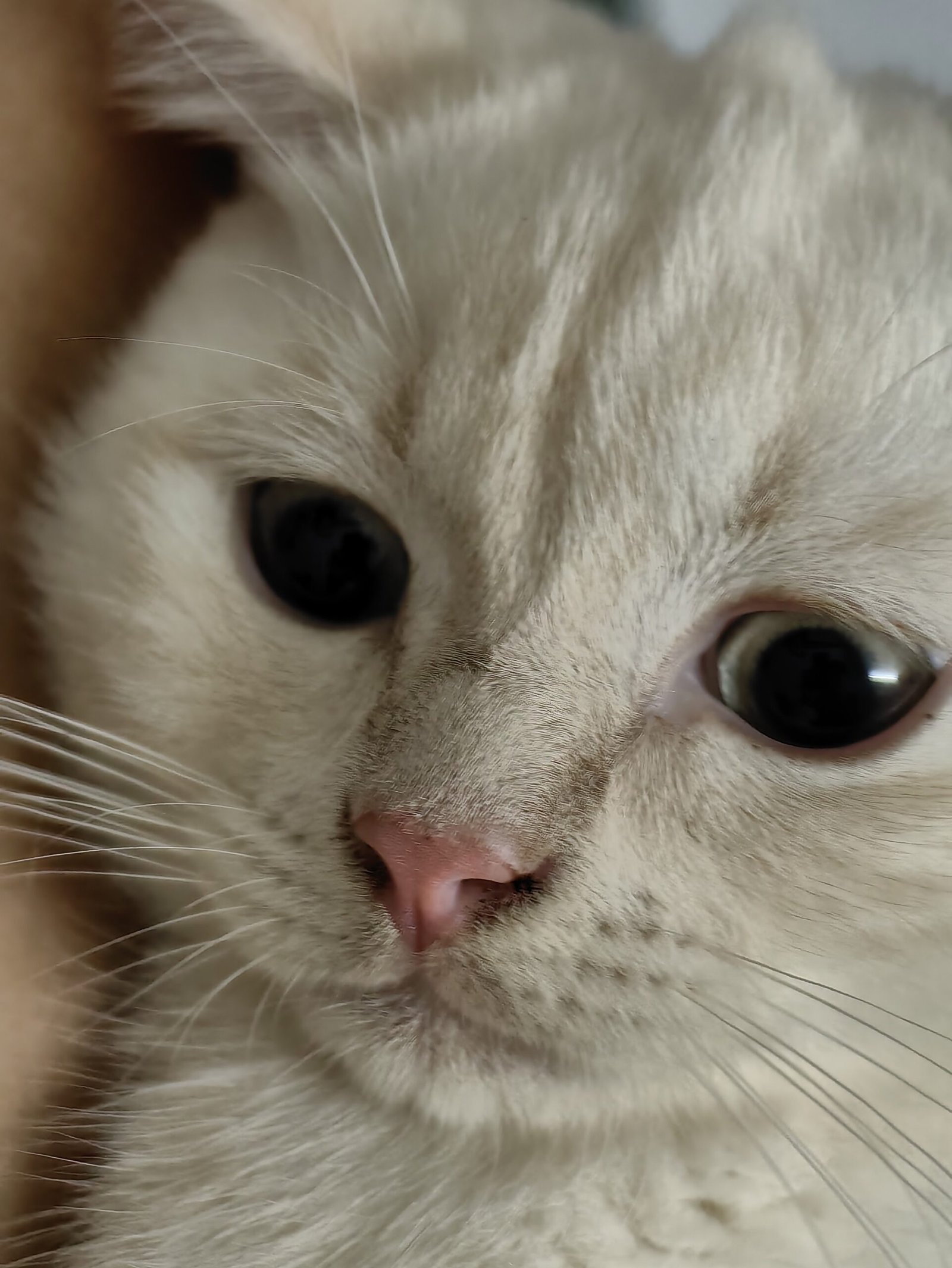
A grieving cat might show less interest in socializing with other pets or family members. They might not want to play or cuddle as much as they used to, preferring to be alone. This behavior is a sign that they need time to process their emotions and adjust to their new reality without their companion.
Restlessness
Restlessness is another common sign of grief in cats. They might pace around the house or seem unable to settle in one spot. This behavior indicates that they’re struggling to find comfort or peace. Providing them with a cozy, quiet space can help them find a sense of calm.
Increased Aggression
Some cats might become more aggressive when they’re grieving. This could be directed towards other pets or even humans. This aggression is a manifestation of their confusion and emotional turmoil. It’s crucial to handle this behavior with care, offering them space and understanding as they navigate their feelings.
Attention to Personal Belongings
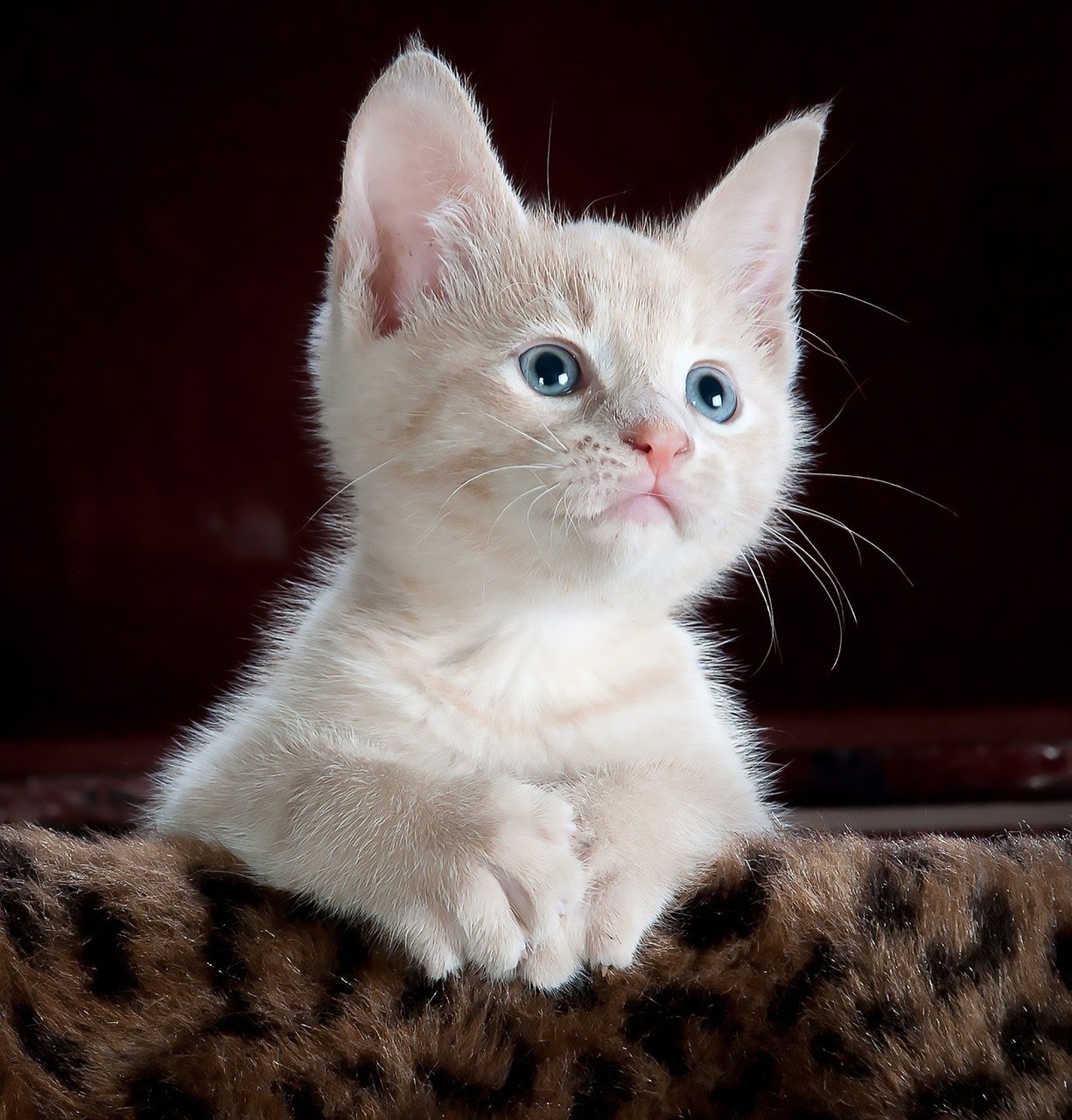
You might notice your cat spending more time around the belongings of their lost companion. Whether it’s a favorite toy, blanket, or bed, these items hold the scent and memories of their friend. Allowing them access to these items can provide comfort and help them feel connected to their lost companion.
Extra Grooming for Comfort
While some cats may neglect grooming, others might groom excessively as a comfort mechanism. This behavior is akin to humans seeking solace in familiar routines during distressing times. Offering them gentle grooming sessions can help soothe them and provide an opportunity for bonding.
Seeking Comfort from Familiar Smells
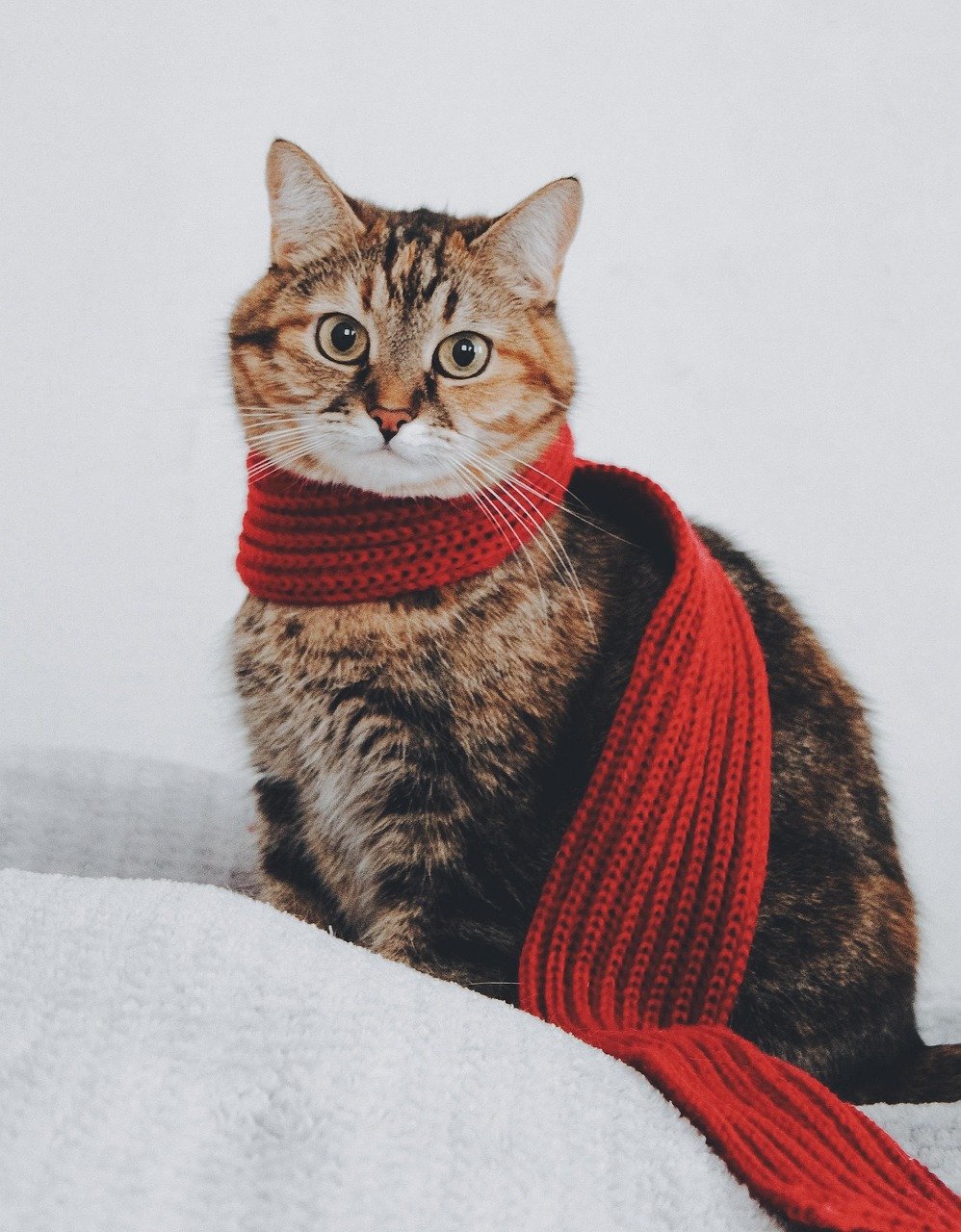
Cats have a strong sense of smell, and familiar scents can provide comfort during times of grief. They might seek out items or areas that retain the scent of their lost companion. This behavior is a natural way for them to feel connected and find solace in the presence of their friend’s memory.
Conclusion
Recognizing the signs of grief in your cat is the first step in helping them heal. Every cat is unique, and their grieving process will vary. Providing them with love, patience, and understanding is essential. By being attentive to their needs and offering comfort, you can help your cat navigate their grief and gradually find joy again.
Hi, I’m Bola, a passionate writer and creative strategist with a knack for crafting compelling content that educates, inspires, and connects. Over the years, I’ve honed my skills across various writing fields, including content creation, copywriting, online course development, and video scriptwriting.
When I’m not at my desk, you’ll find me exploring new ideas, reading books, or brainstorming creative ways to solve challenges. I believe that words have the power to transform, and I’m here to help you leverage that power for success.
Thanks for stopping by, Keep coming to this website to checkout new articles form me. You’d always love it!






